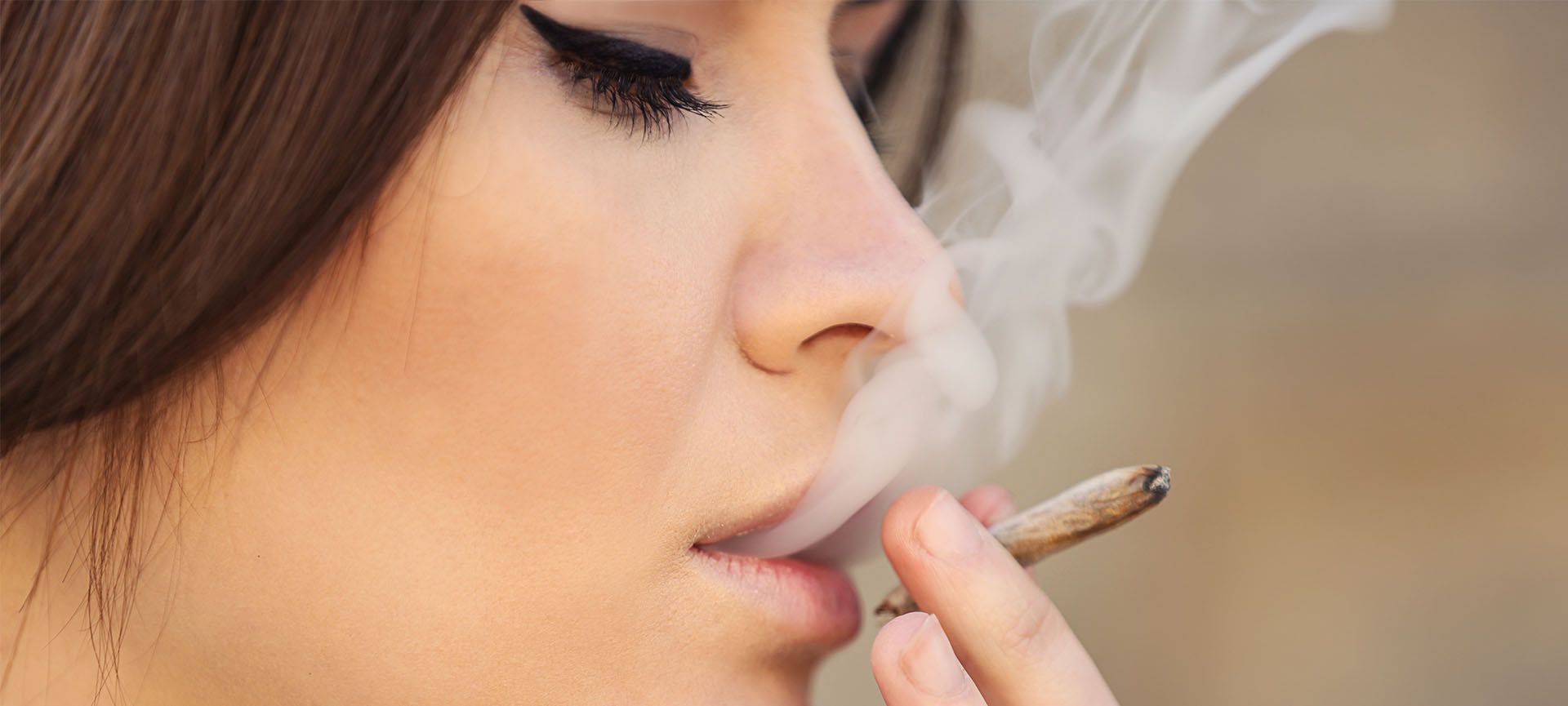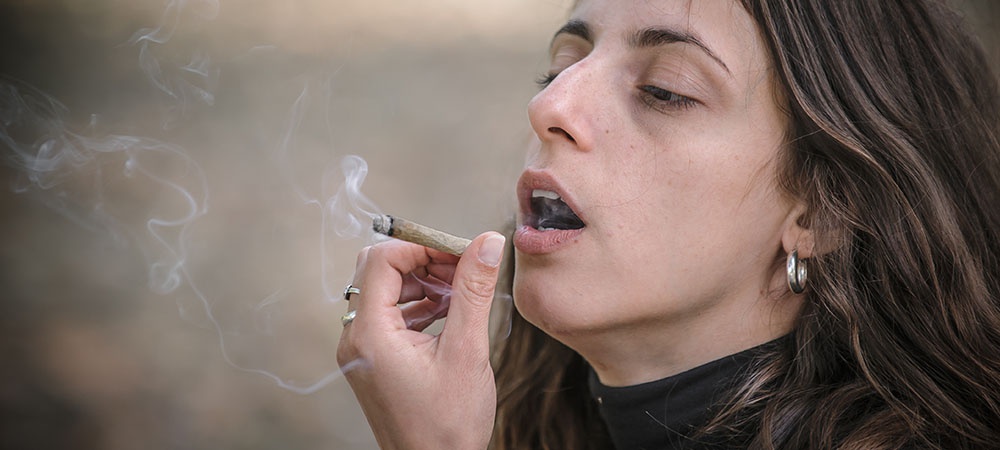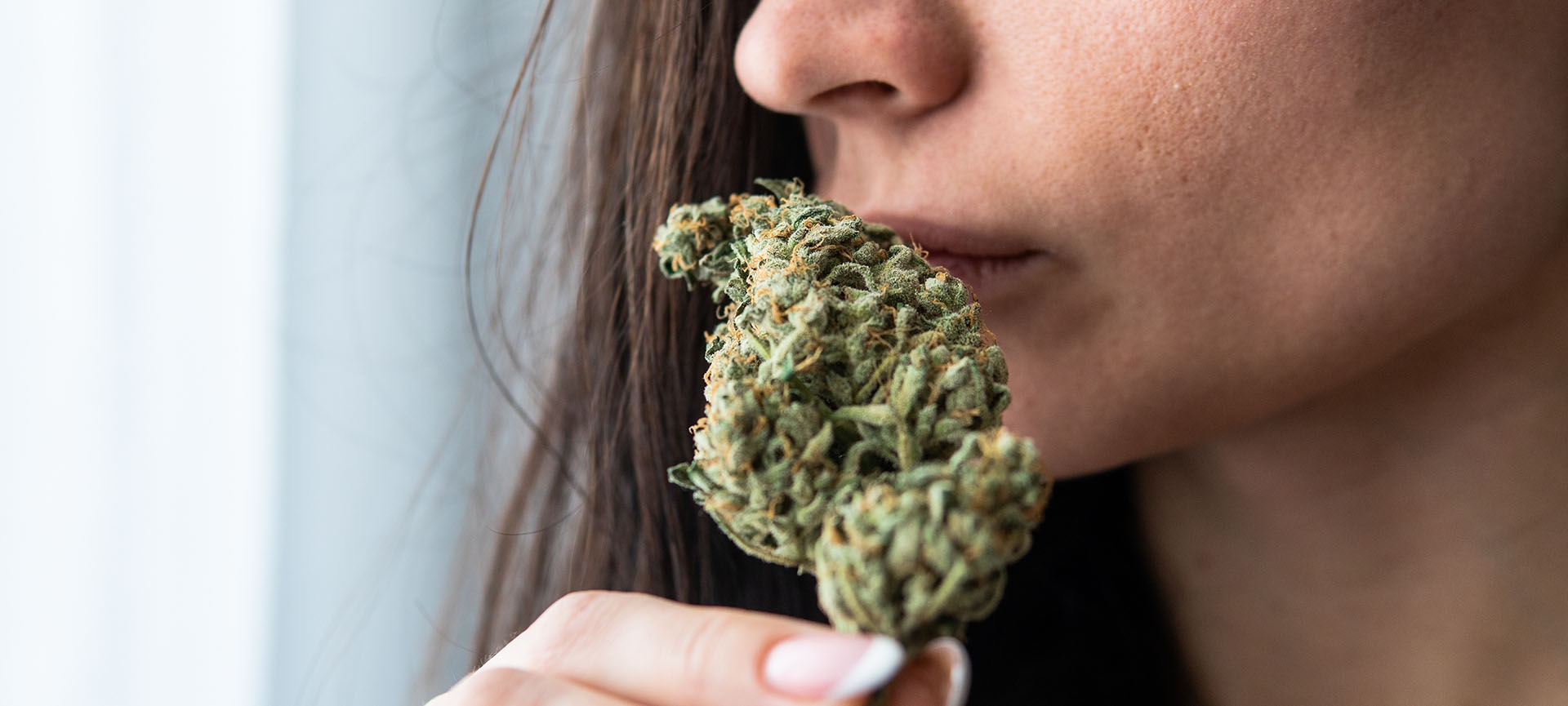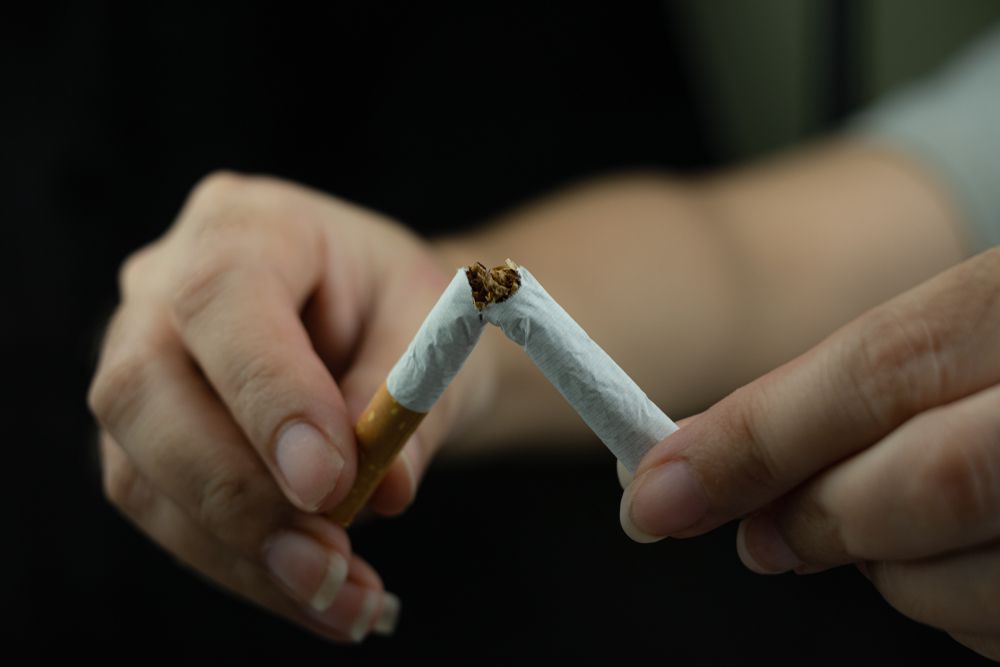
5 Ways You Can Benefit from Quitting Weed
Thanks to the legalization of recreational marijuana in many parts of the world, weed consumption has become more socially acceptable. There is a prevailing attitude that “weed is harmless”, but some people have taken this idea further, into the belief that it is actually beneficial. This is no doubt fuelled by the ever-increasing use of marijuana for medical purposes.
Research does support the notion that some strains of marijuana can provide relief for some conditions, like chronic pain, seizures, and insomnia. Various strains of medical marijuana have been cultivated for this purpose, and when taken on the advice of a medical professional, they can vastly improve a person’s quality of life.
Like many legal substances, though, marijuana – both medical and recreational – can be consumed to the point where it becomes problematic If you find that you have been smoking weed more frequently, or that you experience cravings between uses, you might have become concerned enough to wonder whether it might be time to quit.
If you are on the fence about this decision, consider these five ways in which your life can improve if you give up smoking weed.
#1 A Stronger Heart and Lungs
Calls for restrictions on cigarette smoking have frequently been accompanied by the sentiment that it is less harmful to smoke weed – in other words, if people are going to smoke something, they should choose marijuana over tobacco. This advice is not borne out by the science: any kind of smoke can irritate the lungs and bronchial passages. Many of the respiratory ailments associated with cigarette smoking – bronchitis, emphysema, chronic coughing, lung infections – also have a higher-than-average risk of occurring in marijuana smokers. While weed smoking does not appear to carry an increased risk of lung cancer, this could change in the future as new, stronger strains of marijuana are cultivated.
If you have a pre-existing heart condition, or if you are at risk of heart problems, smoking weed could increase your likelihood of experiencing a heart attack. Research has found that marijuana elevates the heart rate for as much as three hours after smoking.
#2 Higher Levels of Cognitive Functioning
If you are a teenager or young adult, your brain is particularly susceptible to the cognitive effects of marijuana use. The brain is not fully developed until you are around the age of 25, and a regular weed habit prior to this age can affect the formation of the neural pathways responsible for learning and memory.
The jury is still out on how long these effects last, but some studies have already shown that people who start smoking marijuana as teenagers are at increased risk of decreased cognitive functioning that does not fully resolve by age 38, even in those who quit as adults.
Those who start smoking weed as adults, after that critical age at which the brain is fully formed, do not suffer these long-term effects. However, adults are not immune to the short-term effects on memory and problem-solving.
#3 Less Risk of Mental Illness
In spite of the vast amounts of research studies that have been conducted to date, there is still a lot that is not understood about the connection between marijuana and mental illnesses and symptoms such as bipolar disorder and psychosis. It is increasingly clear, though, that people who start using marijuana during their teenage years are at increased risk of developing cannabis-induced psychosis. Symptoms include a sense of grandiosity, hallucinations, and paranoia. What makes this particularly dangerous is that it can drive the individual to act in dangerous or irrational ways. The good news is that the symptoms of cannabis-induced psychosis are directly tied to how much marijuana is being used. If you are experiencing episodes of psychosis as a result of smoking weed, quitting is likely to lead to a reduction of symptoms.
Additionally, there is some evidence pointing to a possible connection between marijuana consumption and bipolar disorder. Scientists have been able to establish that cannabis is the most commonly abused substance among people who have been diagnosed with bipolar disorder. The epidemiology behind it is still a subject of heavy research, but when bipolar disorder coexists with marijuana use disorder, the individual is more likely to experience symptoms of psychosis.
#4 A Healthier Pregnancy and A Stronger Baby
In a troubling trend, some marijuana dispensaries have been recommending cannabis to pregnant people as a remedy for “morning sickness”. This is contrary to the advice of medical professionals, since using marijuana during pregnancy can lead to preterm delivery, lower birth weight, and cognitive difficulties for the baby. In addition, research has shown that moderate amounts of THC – the ingredient in marijuana that makes you “high” – can be transferred to the baby via nursing. People who are pregnant or nursing, or who are planning to become pregnant, should not use any substance, including prescription drugs and medical marijuana, without first talking to their doctor.
#5 Overall Satisfaction with Life
To put it simplistically, people who don’t use marijuana, or who only use it occasionally, tend to do better at life than those who frequently use it in large quantities. Like many substances, abuse of marijuana can lead to damaged relationships, poor financial decisions, absenteeism from school or work, and injury or death resulting from reckless actions.
Among teens, marijuana use has been linked to a higher chance of dropping out of school and engaging in criminal conduct. The causation of this is still under investigation: does marijuana use make you drop out of school and commit crimes, or is it the other way round? It seems likely that it is a bit of both, and that one or the other can result in you being trapped in a cycle that it’s difficult to escape from. Regardless of the direction of causation, quitting the use of weed can be a positive first step in breaking that cycle.
Getting Help for Marijuana Use Disorder
If you are struggling with marijuana use, help is available to you. At Thousand Islands Rehab Centre, we follow a holistic approach to treatment that encompasses your physical and mental health, as well as your social, cultural, and spiritual needs. All of our treatment programs are tailored to the individual needs of our clients. For more information about how we can help you rebuild your life and free yourself from addiction, contact us today.





